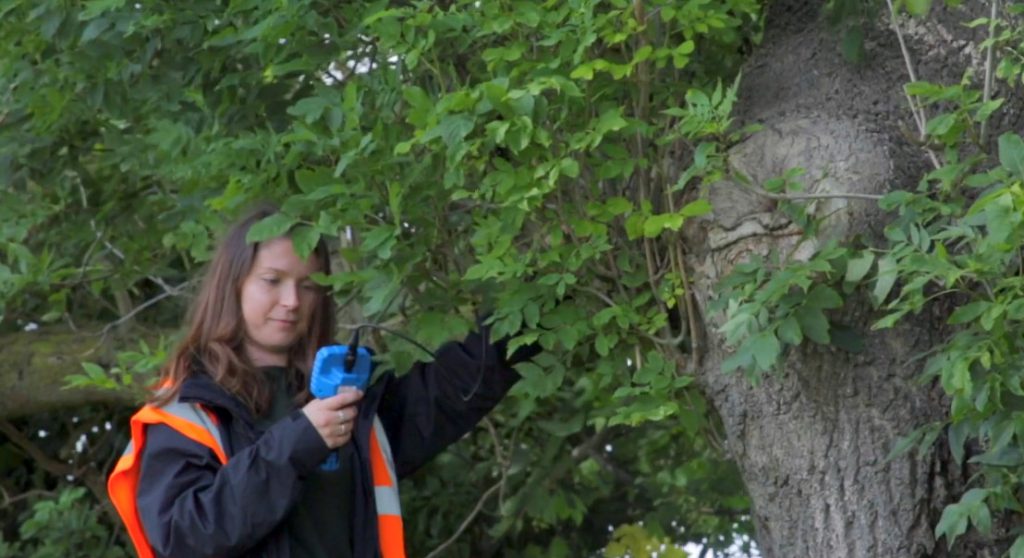Hull Wooded Locations
Infamously recognised as the least wooded location in England, woodland accounts for just 2.2% of the land across Hull. Also known as Kingston upon Hull, it is the fourth-largest city in the Yorkshire and the Humber region after Leeds, Sheffield and Bradford, and considering the distinct lack of forestry, it will come as no surprise to learn that Hull is a predominantly urban location.
Woodland cover in Hull currently sits at 2.6%, lower than the national average of 8.4% by a staggering 5.8%. Despite the poor figures in regard to environmental quality in the City of Hull, both governmental and independent initiatives have increased the number of trees across the city. For example, there are an estimated 29,000 trees in Hull, showing an improvement to the figure of 20,000 taken in 1997.
An effective initiative that has shown evidence of progress is One Hull of a Forest – a community of residents that has assembled to plant trees en masse throughout the city. Since 2020 alone, they have planted 31,650 trees, increasing the total tree canopy cover in Kingston upon Hull by a significant 1.7%.
The determination from authorities and residents in Hull to add to the number of trees has a positive impact on environmental quality, but it adds to the selection of barriers developers face when it comes to staging projects in the area. That said, any issues relating to trees can be identified, mitigated and bypassed through the insights of an arboriculturist during a tree survey on the site.
Policies That Protect Trees
Each of the councils in England follows the same rules regarding protections of trees, and Hull City Council is no different. The tree policies that are universal throughout England are listed conservation areas and tree preservation orders (TPOs) that show strict ownership of the local council over certain trees and trees within outlined areas.
While a tree preservation order (TPO) will be placed over single trees, a conservation area will be placed over entire areas, applying to all trees within them. Both require prior consent from the local authority before any work potentially affecting trees under these protections is carried out. As a result, avoiding protected trees can be something of a minefield, leading to the need for an arboriculturist.
Arboricultural Assessments and Reports
One of our team of arboriculturists can evaluate and bypass any potential issues that could arise from developing on a site with protected trees present. A BS5837 tree survey would often be the most suitable option, as it acts as a baseline assessment that enables an arboricultural surveyor to inspect every tree on the development site before handing each tree a grading based on condition and value. Then, the grading will be cross-referenced with the plans of the project to produce the next steps for each tree.
Regardless of any factors, the retention of valuable trees that are in good condition will always be the arboricultural consultant’s priority outcome. In certain circumstances, however, valuable trees or trees in good condition could clash with the development plans, and if it simply isn’t possible to tweak the plans to avoid them, the arboricultural consultant will be left with no choice but to relocate them elsewhere inside or outside of the development site. Although trees will only be destroyed as a last resort, this will happen if the trees are of little to no value or in poor condition, and if trees are otherwise worth retaining, they will be moved elsewhere or compensated for with the planting of new trees.
An arboricultural assessment will conclude with the arboriculturist producing a tree report that can be viewed by the developer and the planning department of the local council. Sections within a tree report include an overview of the BS5837 tree survey process, observations from the survey in regards to trees present, measures for each tree that will allow the project to move forward, and any suggestions of further surveys needed on the site. With all of this information, the planning officer from Hull City Council should have no reason to deny an application for planning consent.
Tree Specialists
Throughout our team are arboricultural surveyors with the licensing, experience, qualifications and knowledge to undertake tree surveys with all of the insights required to support planning applications. Arbtech also has arboricultural consultants located in all sections of the UK, allowing private and professional clients to arrange tree surveys in Hull, other parts of Yorkshire and distant sections of the country.
You can contact us using our quote form or over the phone, and providing you give extensive details about your site and project, our team will be able to give you a free quote that is accurate to your bespoke specifications. After you have accepted our quote, we can work out a desirable date to visit your site, and with the help of our expert team, we can satisfy Hull City Council to get you planning for your project.


